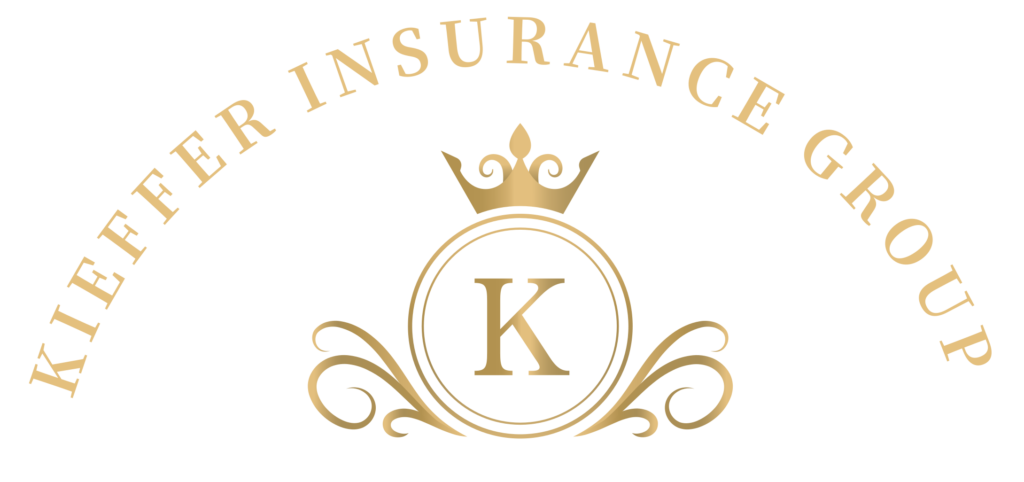Blogs
What Is Supplemental Life Insurance?

Do You Have Enough Life Insurance?
Many people receive a certain amount of group term life insurance through their employers, often free of charge. Typically, that coverage is based on your salary. For example, many employers offer life insurance that is equal to one or two times your annual earnings. While that amount will certainly cover your burial expenses, it likely won’t support your family for very long.
According to the American Council of Life Insurers, experts often suggest that policyholders have life insurance equal to seven to ten times their annual income. If your employer-provided insurance falls short of that, then you may want to purchase supplemental life insurance to fill the gap.
How Supplemental Life Insurance Works
In addition to the basic insurance coverage you receive at work, your employer may offer you the option to purchase additional coverage at your own expense. If you belong to a union or other membership organization, you may also have group insurance benefits and the opportunity to increase them if you wish.
This supplemental insurance may not require a medical exam, as most individual policies would. If you’re buying it through your employer, you may also be able to pay for it with convenient payroll deductions.
If Your Employer Doesn’t Offer Supplemental Life Insurance
Not all employers offer the option to purchase supplemental life insurance. Also, depending on your age and other factors, the supplemental coverage that you could get through work might be more expensive than an individual life insurance policy that you could buy on your own.
If you need additional coverage, it’s worth finding out what your employer’s plan would charge you for it and then shopping around.
There are two main types of individual policies to consider: term life and permanent life.
Term Life
With term life insurance, you get coverage for a defined period of time, such as 10, 20, or 30 years. If you die during the policy’s term, your beneficiaries will receive the death benefit. However, if you die after the policy’s term, they receive nothing.
Your employer-provided coverage at work is most likely term insurance. Unlike your employer’s insurance, which ends if you leave your job, a term policy that you purchase on your own is portable.
Because term life insurance simply provides a death benefit and doesn’t build up any cash value, it’s typically less expensive than permanent life insurance—often much less.
Permanent Life
Permanent life insurance can provide coverage for your lifetime. As long as you pay your premiums, you are covered, and your family will receive a death benefit if you die.
Permanent life insurance plans can also accumulate cash value. Over time, you can tap into the cash value to pay your premiums, take out a loan, or buy more coverage. Permanent life insurance comes in several different forms, including whole life, universal life, and variable life.


What are The Benefits of Having Health Insurance?
Health Insurance: Your Safety Net
With the rising instances of diseases and accidents, the demand for health insurance has shown significant growth. A health insurance plan can provide you with financial security in times of a medical emergency. Every individual has certain risks and uncertainties in life. The best way to tackle health risks is to purchase a health insurance cover. Health insurance is a coverage that will pay for your medical expenses incurred in case of hospitalization or illness. The insurance will reimburse you for the expenses you incur for an injury, illness, or it will pay the care provider directly. Apart from providing you with a much-needed financial backup, health insurance will also ensure that you get access to quality healthcare services across the country. There are several reasons to have a health insurance policy, and if you have a family, you could opt for a family health insurance plan to look after the medical needs of your loved ones.Benefits of Health Insurance
- Financial security: Medical costs in the country are rising dramatically, and in case of an emergency, you could end up spending all your savings on medical treatment. This could take a toll on your plans and disrupt your financial budget. Indians tend to depend on their savings when a health emergency strikes, and if you have a health insurance plan in place, you will not have to break your bank in a medical emergency.
- Income tax benefit: Any payment made towards the health insurance premium will be eligible for a tax deduction under section 80D of the Income Tax Act. Further, individuals who are above the age of 60 can claim a deduction of up to INR 25,000 for themselves and another INR 50,000 for insurance purchased for parents who are aged above 60.
- Pre- and post-hospitalization expenses: A health insurance will not only cover your medical costs but will also cover the cost of OPD expenses as well as diagnostic tests. It will cover the pre- and post-hospitalization expenses for a stipulated period.
- Critical illness coverage: If a critical illness hits you or any member of the family, you will end up incurring a huge amount for the treatment. When you buy a health insurance plan, you can opt for a critical illness cover which will pay you a fixed amount once you are diagnosed with an illness which is covered by the policy. You can use the regular health insurance to cover the hospital bills, and the lump sum you receive from the critical illness cover can be used to fund other medical expenses.
- Additional benefits: When you buy a health insurance policy, you will receive several additional benefits like ambulance coverage, coverage for a health checkup, vaccination expenses, coverage for daycare surgeries, and more.
Disclaimer: For more details on risk factors, terms, and conditions, please read sales brochures carefully before concluding a sale.
